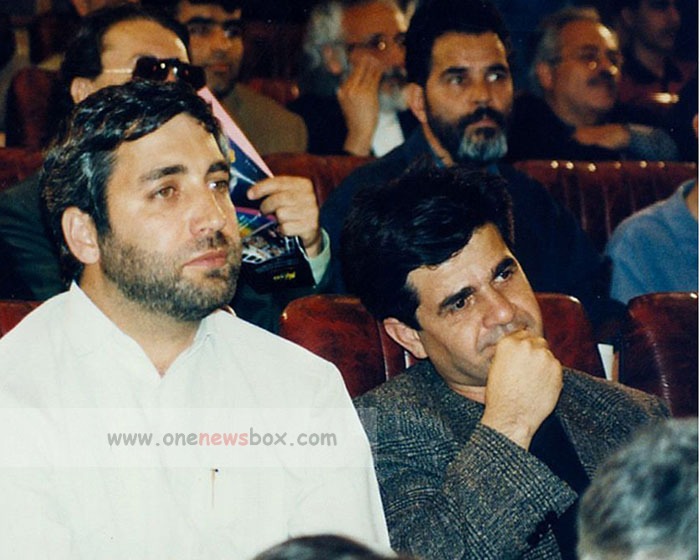Jafar Panahi: The Defiant Visionary of Iranian Cinema
Jafar Panahi, born on July 10, 1955, is one of the most renowned and politically defiant filmmakers in contemporary world cinema. His films, often banned in his home country of Iran, have received global acclaim for their unflinching portrayals of societal constraints and the lives of the marginalized. Through a body of work that is simultaneously poetic and subversive, Panahi has redefined Iranian cinema and become a symbol of resistance in the face of censorship. His awards from prestigious international film festivals—including the Golden Lion at Venice for The Circle (2000), the Golden Bear at Berlin for Taxi (2015), and the Palme d’Or at Cannes for A Simple Accident (2025)—place him in the rare company of auteurs like Henri-Georges Clouzot, Michelangelo Antonioni, and Robert Altman, who have achieved the highest honors at all three major festivals.
Early Life and Background
Panahi was born in Mianeh, a modest city in northwestern Iran, into an Azeri family that spoke Azerbaijani Turkish at home. The family’s economic situation was humble—his father worked as a building painter. He grew up surrounded by four sisters and two brothers, and his upbringing in a working-class environment significantly influenced the compassionate and humanistic tone of his films.

